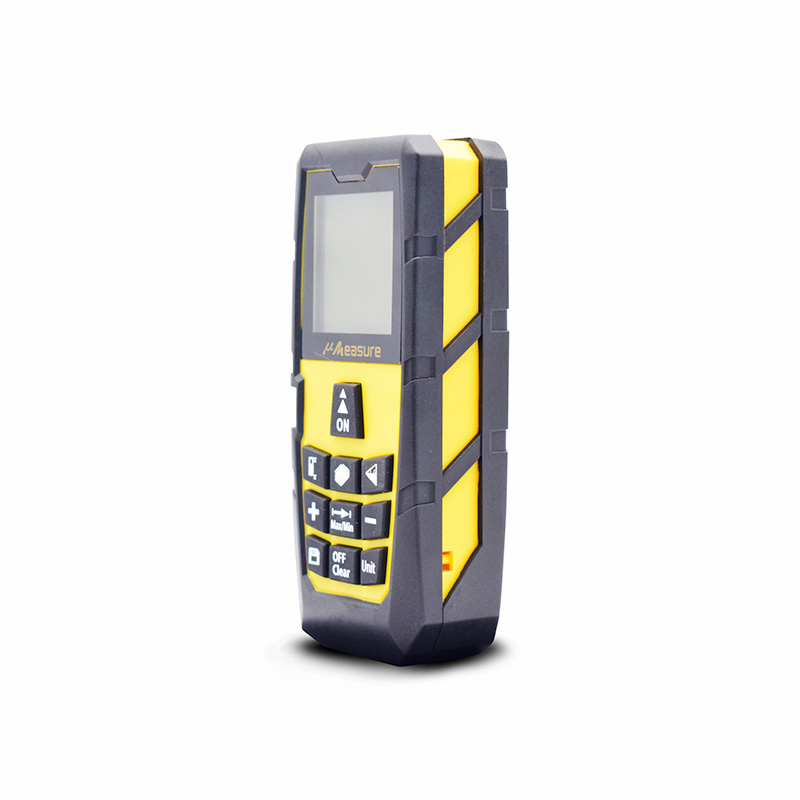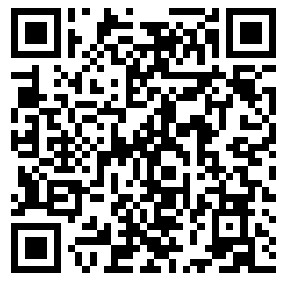
Digital table type, or instant-by-
Moment quantification of individuals-
In particular, the use of data from personal digital devices and smartphones at the field level of human phenotype has great potential for patient behavior monitoring.
However, realizing the potential of digital form requires understanding smartphones as scientific data collection tools.
In this pilot study, we present in detail a procedure for estimating the quality of data of telephone sensor samples and model the relationship between data quality and future symptoms
Related investigation responses in the split-mind cohort.
We found that the measurement of the empirical coverage of the collected accelerometer and GPS data, as well as the measurement of measurement time and measurement completion, were significantly correlated with future measurement scores in various symptom domains.
We also find evidence that specific measures of data quality indicate
Specific future findings.
These results show that for smartphones
Based on the number table, metadata is not independent of the patient
Reported survey scores, so may be useful in predicting future clinical outcomes.
This work raises important questions and considerations for future research;
We discuss and discuss some of these implications.
Mental illness, especially the complexity and heterogeneity of mental division, has been challenging psychiatry since the beginning of the field.
For centuries, doctors have recognized that mental illness is a complex multi-factor disease affected by biological and environmental factors.
However, despite the recognition of this complexity and heterogeneity, quantifying mental illness remains a challenge today.
Progress in genetics such as genome
Extensive Association Research (GWAS)
In neural imaging, such as functional MRI (fMRI)
Provide new tools already accepted by psychiatry to promote understanding of the genetic and neurological basis of mental illness.
Recently, smartphones and wearable sensors have been proposed as another set of tools to facilitate understanding of the physiological and behavioral perspectives of these diseases over time.
Digital table type, or instant-by-
Moment quantification of individuals-
Data using smartphones and other personal digital devices have considerable potential in field level human phenotype, in psychiatry and mobile phone collection
Mediated Social and behavioral markers may provide a new goal for biological psychiatry.
However, realizing the potential of digital form requires a scientific understanding of smartphones as a tool for scientific data collection.
While people have recently been very excited about the use of smartphones in psychiatry, the focus on the attributes of data measurements or metadata has decreased significantly.
For example, the data collected from GWAS or fMRI studies is not a perfect representation of the subject's potential genome or brain activity, ignoring the assumptions and limitations of these tools and the data they produce can lead to incorrect explanations, or just like a paper note with a proper title, "in the fMRI study of emotion, Personality and Social Cognition, a highly confusing correlation ".
While there is an increasing number of literature on the use of personal digital devices in psychiatry, few studies have confirmed the quality of digital table data, especially in the case of mental division.
Understanding the quality and attributes of smartphone data is very important to properly interpret smartphone data.
For example, consider a smartphone study that monitors GPS to determine whether there is an association between travel distance and worsening symptoms.
Continuous sampling of GPS is not possible as this will drain the battery of any phone in a few hours.
Instead, the application may ping the GPS sensor at a specified frequency and duration interval.
For example, an app may record a 60-second GPS reading every hour.
If less data is obtained from the topic than expected, this may reflect (1)
Turn off the object of GPS ,(2)
The GPS sensor of the mobile phone only responds to a subset of the location data query ,(3)
The duration is less than the required GPS sampling, or (4)
Sample with a GPS that is different from the specified frequency.
If two subjects have different smartphone models or manufacturers, the GPS sensing and sensor data between them may vary.
Therefore, it is important to know how to collect the data, not only to explain the results accurately, but also to improve the repeatability of the study.
Considering that smartphones are a scientific measurement tool for psychiatric research, we currently have a lot of unknowns about the reliability, sensitivity and specificity of many sensors, such as GPS, accelerometer, and microphone.
Another key aspect of smartphones
Based on the digital table type, the metadata generated as part of the data collection has potential clinical value.
For example, when a smartphone ping patient performs a symptom survey, the exact time when the survey starts and is completed can be recorded.
Other data can also be recorded, such as the time required to answer each question and possible adjustments to previous answers.
These metadata may contain clinically relevant information related to cognition, such as attention, processing speed, and working memory.
Incredibly fast or impractical slow survey completion rates may also affect the effectiveness and quality of the survey response, which may be an early sign of worsening symptoms.
In this pilot study, we detail a program to estimate the data quality of the smartphone sensor data, which is scheduled to be sampled according to the fixed schedule specified by the investigator, we explored the clinical significance of data quality for digital table studies in the split cohort.
We show these and other passive measurements of changes in subjects and time, and we simulate the relationship between data quality and future responses to survey questions related to different areas of mental division.

